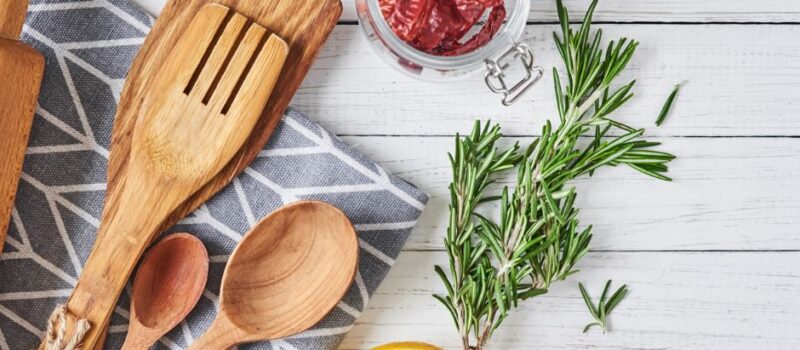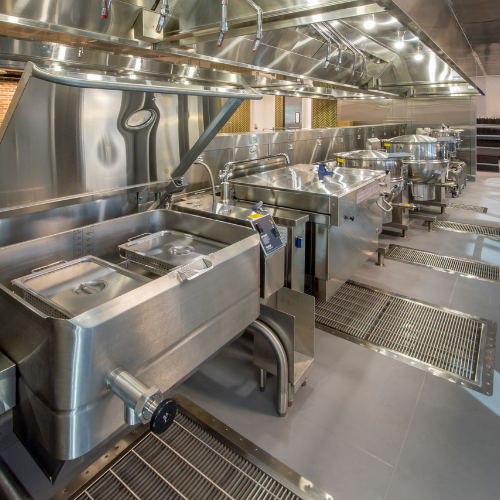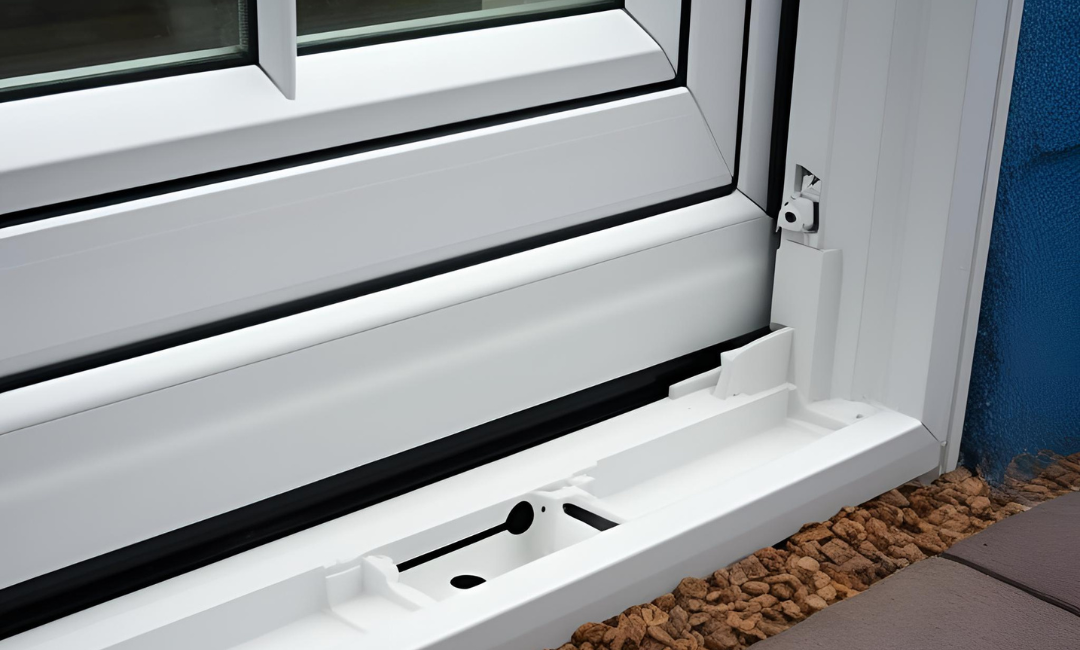Maintaining clean and well-kept food preparation utensils is crucial for food safety and the longevity of your kitchen tools. Whether you’re a home cook or a professional chef, knowing how to properly clean and maintain your utensils ensures they remain in optimal condition and free from harmful bacteria. Here’s a guide to help you achieve this.
1. Understand the Different Materials
Food preparation utensils come in various materials, including stainless steel, wood, silicone, and plastic. Each material requires specific cleaning practices.
- Stainless Steel: Durable and rust-resistant but can discolor if exposed to harsh chemicals.
- Wood: Prone to absorbing moisture and odors; requires special care to prevent cracking and warping.
- Silicone: flexible and non-stick but can retain stains and odors if not cleaned properly.
- Plastic: lightweight but may degrade over time if exposed to high heat or harsh detergents.
Understanding each material is key to proper maintenance.
1. Daily Cleaning Routine
To maintain hygiene and functionality, establish a daily cleaning routine:
- Rinse Immediately: After usage, clean utensils with warm water to eliminate any food particles. This keeps the food from drying and becoming tough to remove.
- Use mild dish soap: Apply mild dish soap and scrub with a soft sponge or brush. Do not use abrasive scrubbers, which might harm the surface.
- Pay Attention to Crevices: Utensils like whisks and graters have hard-to-reach areas where food can get trapped. Use a brush with soft bristles to clean these areas thoroughly.
- Rinse and Dry: Rinse utensils under warm water to remove soap residue. Dry immediately with a clean towel to prevent water spots, especially on stainless steel.
Deep Cleaning and Sanitizing
In addition to daily cleaning, deep cleaning and sanitizing are essential.
- Soak in a Vinegar Solution: For utensils prone to bacteria buildup, such as cutting boards or wooden spoons, soak them in a solution of one part white vinegar to four parts water for 15 minutes.
- Baking Soda for Stains: Create a paste of baking soda and water to scrub away stains and odors, especially on plastic and silicone utensils.
- Sanitize with boiling water: Boil utensils that can withstand high heat for a few minutes to kill bacteria. This method works well for metal utensils.
- Bleach Solution for Plastic Utensils: Occasionally soak plastic utensils in a solution of one tablespoon of bleach to one gallon of water to sanitize them. Rinse thoroughly afterwards.
1. Proper Storage
Cleaning and appropriate storage are equally vital.
- Dry Completely: Ensure all utensils are completely dry before storing to prevent mold and mildew growth.
- Organise by Material: Store utensils made of similar materials together. For instance, keep wooden utensils separate from metal ones to avoid damage.
- Use Utensil Holders: Use utensil holders or drawer organizers to keep tools neatly arranged and easily accessible.
- Avoid Crowding: Don’t overcrowd your storage space, as it can lead to scratches and damage.
1. Special Care Tips
Some utensils need special care:
- Wooden Utensils: Regularly oil wooden utensils with food-safe mineral oil to prevent drying out and cracking. Do not soak them in water for a longer period of time.
- Knives: Always hand wash knives to maintain their sharpness. Never put them in the dishwasher, as high heat and detergent can dull the blade.
- Non-stick Utensils: Avoid using metal utensils on non-stick cookware to prevent scratching. Replace your utensils with silicone or wooden ones.
Conclusion
Properly cleaning and maintaining your food preparation utensils is essential for food safety and extending the lifespan of your kitchen tools. By following a daily cleaning routine, performing regular deep cleaning, and storing your utensils properly, you’ll keep your kitchen in top shape. For premium-quality and durable food preparation utensils, consider “Your Utensil.” Their products meet high standards of hygiene and longevity, making your kitchen routine smoother and safer.











